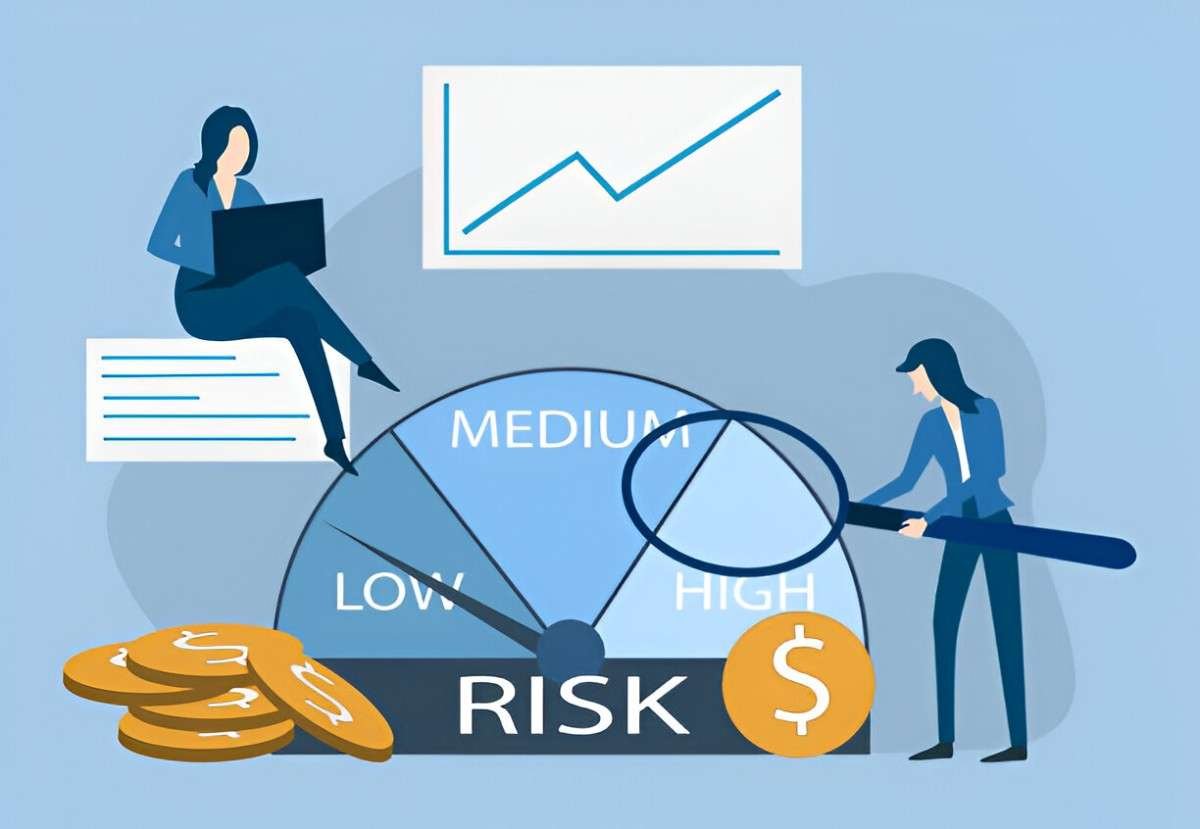Introduction
Moral hazard is a concept I often encounter in finance and economics, yet it remains widely misunderstood. At its core, moral hazard arises when one party takes excessive risks because they do not bear the full consequences of their actions. This imbalance can distort financial decisions, leading to instability in markets and institutions. In this article, I will explore the mechanics of moral hazard, its real-world implications, and how we can mitigate its risks.
Table of Contents
What Is Moral Hazard?
Moral hazard occurs when an individual or institution behaves recklessly because another party bears the cost of their actions. The term originates from the insurance industry, where policyholders might take greater risks knowing they are protected. For example, a driver with comprehensive insurance may drive less carefully, increasing the likelihood of accidents.
In financial markets, moral hazard manifests in several ways:
- Banking Sector: Banks may engage in risky investments if they believe the government will bail them out.
- Corporate Bailouts: Firms might take on excessive debt, expecting taxpayer-funded rescues.
- Insurance Markets: Policyholders may file inflated claims if they believe insurers won’t scrutinize them.
The Economics of Moral Hazard
To understand moral hazard mathematically, consider a principal-agent problem where an agent (e.g., a bank) makes decisions that affect a principal (e.g., a regulator or depositor). The agent’s actions are not fully observable, leading to potential risk-taking.
The expected utility for the agent can be modeled as:
EU_A = p \cdot U(W + \Delta) + (1 - p) \cdot U(W - C)Where:
- EU_A = Agent’s expected utility
- p = Probability of success
- U(\cdot) = Utility function
- W = Initial wealth
- \Delta = Gain from risky behavior
- C = Loss from failure (partially borne by the principal)
If the agent does not internalize the full cost of failure (C), they may take excessive risks.
Example: Bank Risk-Taking
Suppose a bank can invest in:
- Safe Asset: Returns 2% with certainty.
- Risky Asset: Returns 10% with 80% probability, but loses 20% otherwise.
Without moral hazard, the bank evaluates both options. But if the bank expects a bailout, the downside risk diminishes. The adjusted expected return becomes:
E[R_{risky}] = 0.8 \times 10\% + 0.2 \times 0\% = 8\%Now, the risky asset appears more attractive, encouraging reckless behavior.
Historical Cases of Moral Hazard
The 2008 Financial Crisis
One of the clearest examples of moral hazard was the 2008 crisis. Large financial institutions took on excessive leverage, assuming they were “too big to fail.” When the housing market collapsed, taxpayers funded bailouts, reinforcing the expectation of future rescues.
Auto Industry Bailouts
In 2009, the U.S. government bailed out General Motors and Chrysler. Critics argued this created moral hazard by rewarding poor management decisions.
Moral Hazard vs. Adverse Selection
While related, moral hazard and adverse selection differ:
| Aspect | Moral Hazard | Adverse Selection |
|---|---|---|
| Timing | Occurs after agreement | Occurs before agreement |
| Cause | Hidden actions | Hidden information |
| Example | Reckless driving post-insurance purchase | Sick individuals buying more health insurance |
Mitigating Moral Hazard
1. Risk-Sharing Mechanisms
- Deductibles and Co-pays: Insurance policies use these to ensure policyholders share some risk.
- Performance-Based Compensation: Tying executive pay to long-term performance discourages short-term gambles.
2. Regulatory Oversight
- Capital Requirements: Basel III mandates higher capital reserves for banks, reducing reckless lending.
- Stress Tests: Regular evaluations ensure institutions can withstand downturns.
3. Market Discipline
- Creditor Haircuts: If bondholders bear losses during bailouts, they will scrutinize firms more carefully.
Moral Hazard in Everyday Finance
Credit Cards
Cardholders may overspend if they believe minimum payments are sustainable. The true cost of debt is obscured, leading to financial distress.
Government Guarantees
Federal deposit insurance (FDIC) prevents bank runs but may encourage banks to take greater risks.
The Role of Information Asymmetry
Moral hazard thrives when one party lacks visibility into another’s actions. Improving transparency—through disclosures or real-time monitoring—can reduce this imbalance.
A Mathematical Approach to Contract Design
Optimal contracts align incentives. The principal designs terms so the agent’s payoff correlates with desired outcomes.
Let the agent’s effort be e, with cost C(e). The principal offers wage w(x), where x is observable output. The principal maximizes:
E[x - w(x)]Subject to the agent’s participation constraint:
E[U(w(x)) - C(e)] \geq \underline{U}And incentive compatibility constraint:
e \in \argmax_{e'} E[U(w(x)) - C(e')]Conclusion
Moral hazard is an inherent challenge in financial systems. While guarantees and insurance provide stability, they can also encourage recklessness. By aligning incentives, enforcing transparency, and imposing consequences, we can mitigate these risks. As I reflect on past crises, it’s clear that balancing protection and accountability remains crucial for a resilient economy.





